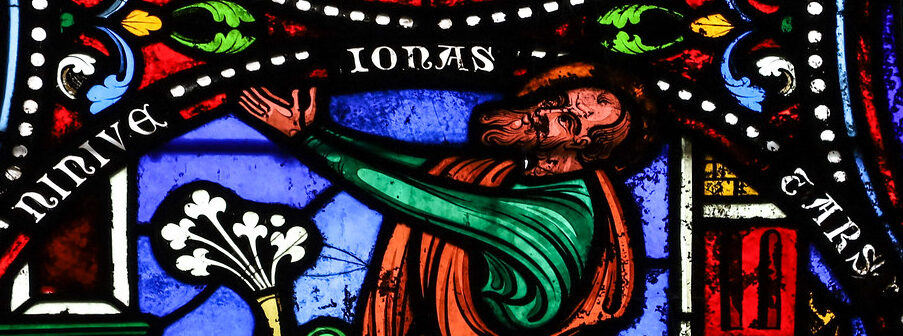Read the full article in the Tiqvah Magazine, Volume 2, Issue 4 (Oct – Dec 2024). Click this link to view
The Fast of Nineveh, or the Three-Day Fast is a three-day observance in the Mar Thoma tradition, commemorating the events described in the Book of Jonah. This fast is traditionally observed from Monday to Wednesday, starting on the third Monday before the onset of Great Lent (9 – 12 February 2025).
Theological Significance
The Fast of Nineveh holds deep theological importance within the Syriac tradition, emphasizing themes of repentance, divine mercy, and spiritual renewal. The narrative of Jonah’s mission to Nineveh serves as a paradigm for the transformative power of sincere repentance and God’s boundless compassion.
Repentance and Divine Mercy
Central to the Fast of Nineveh is the concept of repentance. The Ninevites’ collective turning away from sin, marked by fasting and prayer, exemplifies the impact of genuine contrition. This act of repentance led to God’s merciful relenting from the proclaimed destruction, highlighting the belief that sincere repentance can alter divine judgment.
Typology of Christ’s Death and Resurrection
The Syriac Fathers often draw a typological connection between Jonah’s three days in the belly of the fish and Christ’s three days in the tomb. This typology underscores the belief in death and resurrection as central to salvation history. St. Ephrem the Syrian, a prominent Syriac theologian, reflects on this connection, emphasizing the deliverance brought forth through these three days.
Spiritual Renewal and Ascetic Practice
The Fast of Nineveh serves as a period for spiritual introspection and renewal. By engaging in fasting, prayer, and repentance, the faithful seek to purify their hearts and minds, drawing closer to God. This ascetic practice is seen as a means to weaken the desires of the flesh and strengthen the spirit, fostering a deeper communion with the Divine. Our faith teaches that true fasting involves not only abstinence from food but also a commitment to spiritual virtues.
Featured Image Credit: Lawrence OP via flickr
